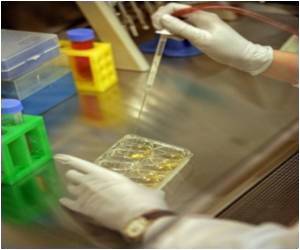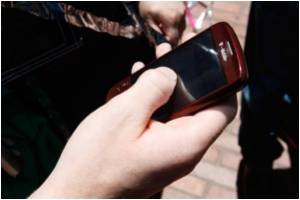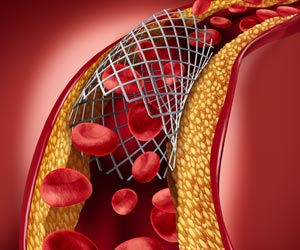A 3-D paper sensor developed by scientists may be able to test for diseases such as malaria and HIV.

"This is about medicine for everybody," says Richard Crooks, the Robert A. Welch Professor of Chemistry.
One-dimensional paper sensors, such as those used in pregnancy tests, are already common but have limitations. The folded, 3-D sensors, developed by Crooks and doctoral student Hong Liu, can test for more substances in a smaller surface area and provide results for more complex tests.
"Anybody can fold them up," says Crooks. "You don't need a specialist, so you could easily imagine an NGO with some volunteers folding these things up and passing them out. They're easy to produce as well, so the production could be shifted to the clientele as well. They don't need to be made in the developed world."
Source-Eurekalert















